Jan 28, 2021
When America Gets a Cold, The African American Community Gets Pneumonia"
As the COVID-19 pandemic has raged on for a year now, the news media and national statistics have clearly demonstrated that African Americans are dying from the coronavirus at higher rates than other populations. While COVID-19 has dominated headlines in recent months, the opioid crisis has had a similar impact for several years. In the U.S. from 2016-2017, the largest relative increase in opioid-involved overdose deaths occurred in the African American population (25.2%). Between 2011 and 2016, African Americans experienced the largest annual percentage increase in fentanyl overdose deaths at 140.6% per year. Additionally, 2.3 million African Americans with SUD/OUD are not in treatment (National Survey on Drug Use and Health, 2020).
As a physician assistant educator, I have made a conscious decision to create a safe space in the classroom for my students to learn and express themselves around topics of health disparities and the social determinants of health (SDOH) that directly exacerbate health disparities. These SDOH include but are not limited to socioeconomic status, neighborhood and physical environment, education, community and social context, food insecurity, and healthcare systems. However, when considering the impact of the opioid crisis, those who teach clinicians-in-training and who practice in behavioral health and addiction medicine must also consider including the social determinants of mental health when engaging those we care for and educate.
The Impact of Social Determinants of Mental Health
For the general population, approximately 20% of U.S. children and adolescents are affected by mental health disorders during their lifetime. Symptoms of anxiety disorder appear by age 6, with behavior disorders emerging by age 11 and substance use disorder developing by age 15. Mental health disorders in children and adolescents often lead to alcohol or other substance use. Now, imagine being an African American 6-year-old living in conditions that involve a parent with opioid use disorder (OUD), traumatic childhood experiences, and underfunded education. Social determinants of mental health include race, ethnicity, age, gender, and access to education. With the emerging face of the opioid crisis in our country increasingly becoming the face of a person of color, these are the factors that place this child at an increased risk for OUD as they move from childhood into adolescence.
How We Can All Be Change Agents
As practitioners, we all encounter members of vulnerable populations. So, we can all be change agents by recognizing the impact that social determinants have on those at high risk for opioid use disorder. We must:
- Focus on the physical and mental health of all patients we encounter
- Focus on trauma resiliency for children
- Focus on risk perception and access to opioids
- Advocate for the expansion of MAT and behavioral health services provided by physician assistants
- Support Naloxone education and carrying in the African American community
- Advocate for access to culturally specific peer networks and behavioral health service
- Promote awareness of issues around structural racism and poverty and policies promoting racial and health equity
As clinicians working in or teaching about behavioral health, we must remain acutely aware of those conditions of life that are connected to healthy outcomes. If we are seeking to make a difference in the lives of our African American patients, we must always be mindful of those factors that influence OUD and manage our patients so as to reduce harm and promote optimal mental health for all.
Author:
Donna F. Murray, DMSc., MS, PA-C
Clinical Training Outreach Project Director
Opioid Response Network-2
Physician Assistant Education Association





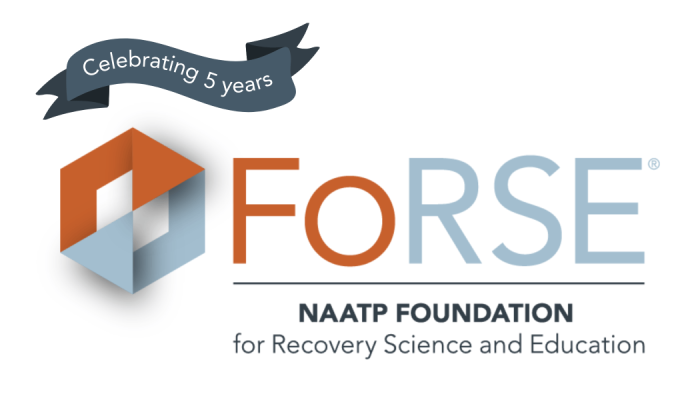
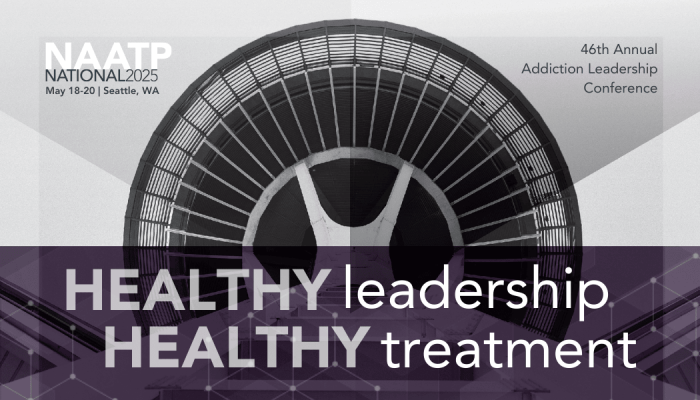


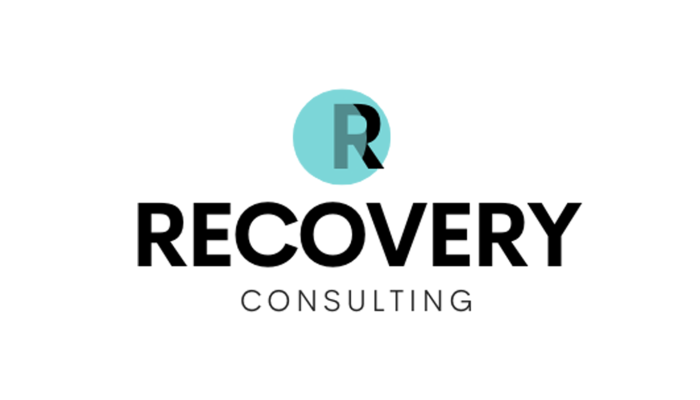
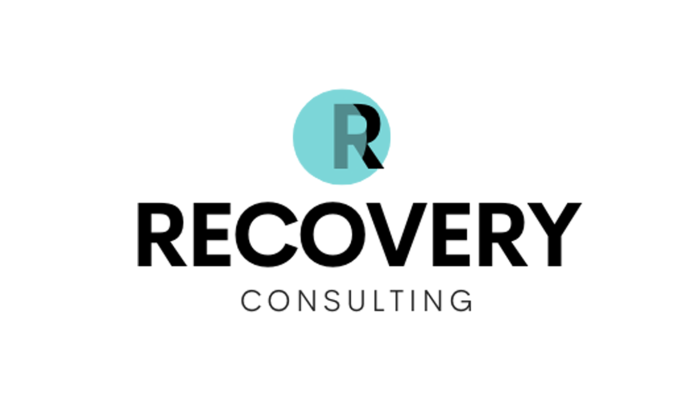









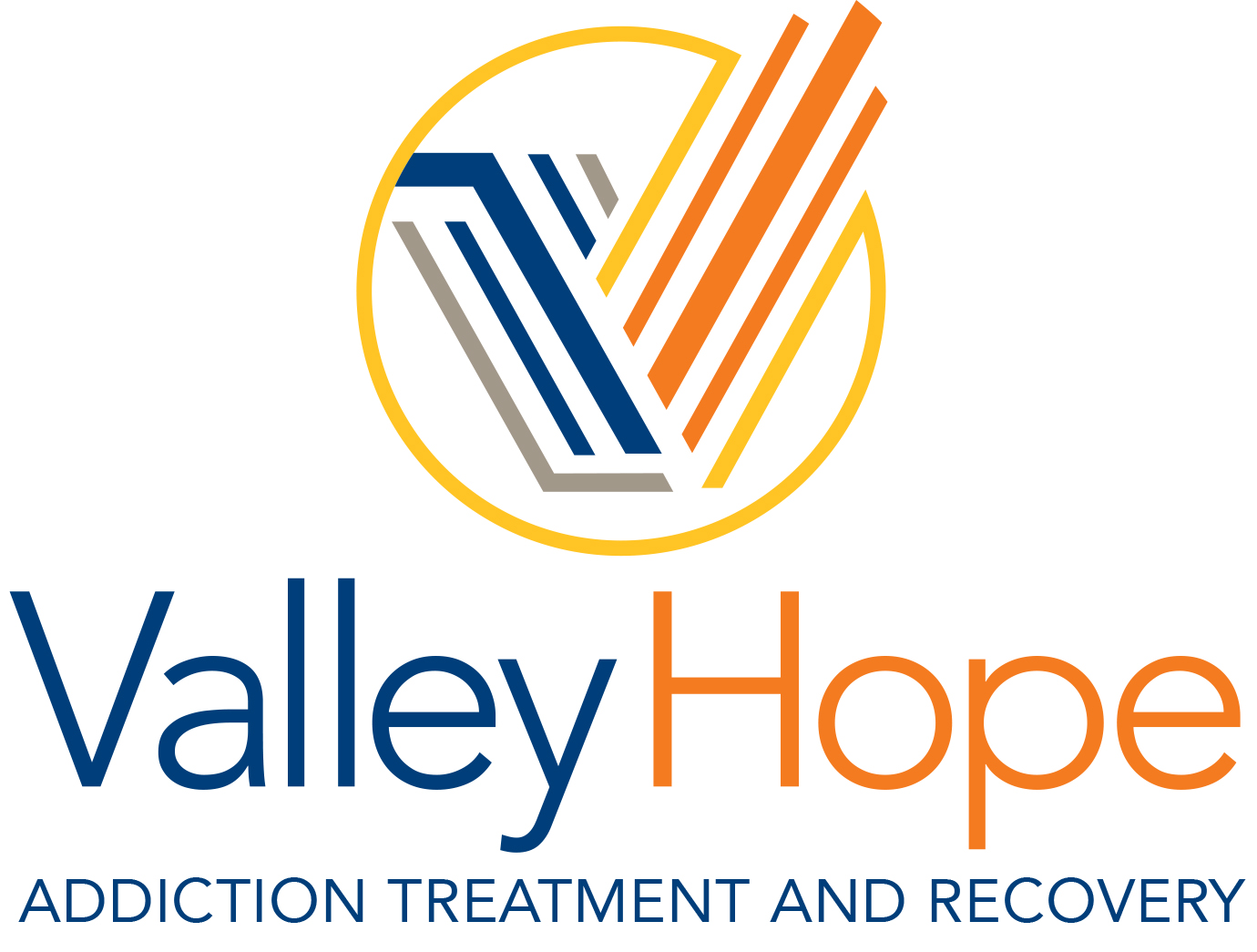

Comments
Marvin Ventrell replied on Permalink
Thank you Dr. Murray for contributing this important message!
As an association dedicated to access to high quality SUD treatment for all, our first job is to listen and learn. We have failed to address social determinants far too long. Thank you for teaching us. We are listening and acting with the collaboration of many in our DEI program.
jay.santana@mor... replied on Permalink
Excellent Read! GREAT Next Steps!!
PA Murry, thank you for not only bringing up a much overlooked, no plainly ignored, topic but presenting a collection of steps everyone of us may take to eliminate the social determinants of mental health and addiction.